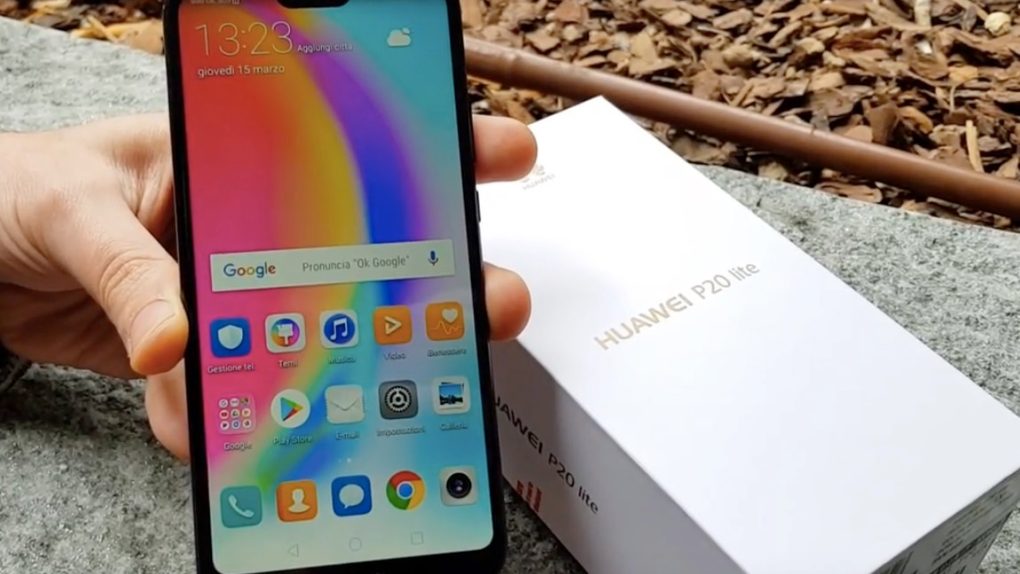Following the ban on ZTE, we heard the Chinese company and Google have discussed the impact of the ban and whether ZTE might find itself unable to use Android on future phones. At the time I speculated that ZTE could build its own version of Android in response, though it would be an OS stripped of Google services including the Play store, which is obviously an outcome Google would hate.
It turns out that’s not just speculation. It’s Huawei, not ZTE, that has been developing its own Android alternative for years now, in anticipation of the problems that have now arisen. Huawei just so happens to be the second biggest Android vendor on the planet behind Samsung, but that’s not enough to keep it off the US government’s blacklist.
Huawei may not face the same ban as ZTE, but the company has been preparing for one since 2012, explains the South China Morning Post. People familiar with the matter say Huawei has been developing and perfecting its own mobile OS since 2012 when the US started an investigation into Huawei and ZTE. The company also began work on its own OS for tablets and computers.
Huawei’s founder Ren Zhengfei apparently put the plan in place in preparation for “worst-case scenarios.”
The mobile OS supposedly isn’t as good as Android, which is why Huawei hasn’t yet released it. One other problem is that it doesn’t have that many third-party apps, which is understandable given that it’s not an official Android OS in the first place. Also, it’s unclear whether Google’s services would be built into the OS, which is a probably a must-have feature for international Huawei customers.
Huawei “has no plans to release its own OS in the foreseeable future,” the company said in a comment. “We focus on products powered by Android OS and adopt an open attitude towards mobile OS.” That might be the case right now, but it sure looks like one of the leading Android device makers in the world is more interested than ever in creating its own mobile OS.
Google probablyisn’t very happy to learn any of this. On the other hand, Samsung’s failed Tizen experiment is proof that it’s hard to break the iOS-Android duopoly right now. Then again, Samsung barely put any effort into Tizen compared to its efforts with Android.







